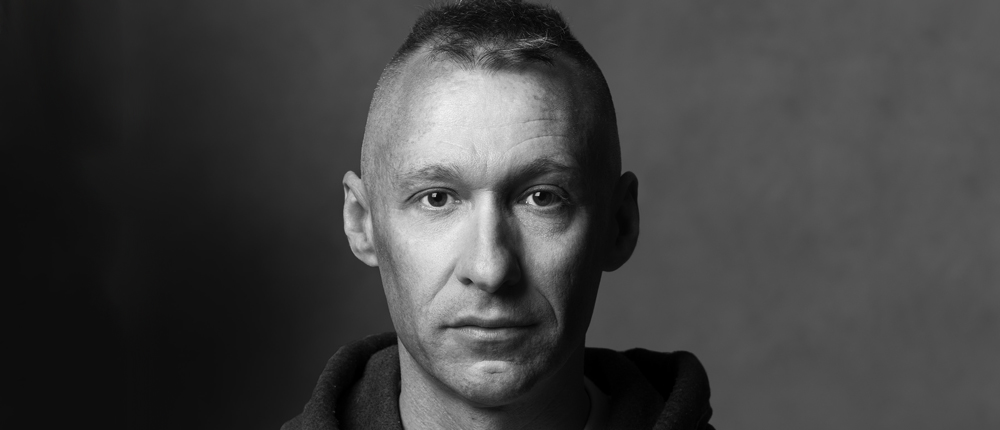Autofiction: fading oneself onstage
The focus of study for this seminar is the subject of stage autofiction and its various forms of execution, which range from auto-representation to auto-biography and include auto-figuration, auto-narration, auto-reference, auto-incarnation and auto-narration.
Based on the study of some key texts that are founders of the self-writing genre through the use of a self that self-confesses to a potential reader, the seminar will try to investigate the poetic possibilities that are activated when a self decides to put itself forward, making its lived experience its principal vehicle for intervention and creation when proposing different forms of naming oneself and representing oneself.
The question that this seminar would ask itself would be: is it possible to auto-represent oneself on the stage? Or to be more risky in the question that will guide our entire inquiry: is it possible to speak as oneself on stage when our theatrical pact forces us anthropologically – in other words ethically and aesthetically – not to be ourselves?
And although it is evident that this second question will call on the famous Isabelline formula of “to be or not to be” – a formula that we usually quote when we tackle the subject of identity in the theatre – our research project will propose as an alternative to the famous Shakespearian doubt another possibility that will venture to affirm that perhaps it is also possible to be and not to be at the same time. That will be our question …
Objectives
Taking support from solid theoretical media that define, explain and articulate the mechanisms and functioning of theatrical autofiction – and that will be facilitated via a bibliography – the seminar will have as its main objective to offer participants:
a. A space for reflection and analysis close to specific procedures of theatrical autofiction –doing is more than anything being able to produce a thought around our activity–;
b. A set of “tools” that will enable practise and exercise around the diagramming of a personal production, in other words, the production and execution of a possible theatrical autofiction.
Dynamics
Taking as a fundamental principle the exchange and permanent confrontation of ideas, of experiences and of practices, this seminar will feature a dynamics that is as theoretical as it is practical:
1. First of all, an approach of an especially theoretical type will be proposed in the exhibition, analysis and discussion of different concepts – and the systematic presentation of the corresponding bibliographic sources. to be able to thus favour a constant space for reflection and study;
2. In parallel, this theoretical approach will be constantly accompanied by a practical dynamic that will propose to participants a “laboratory” work around the stage execution of a possible autofiction based on the theoretical precepts tackled, to be able to favour, thus, a production space.
Within the GREC Festival of Barcelona 2023.

Franco-Uruguayan playwright and theatre director Sergio Blanco lived his childhood and adolescence in Montevideo and today lives in Paris. After studying classical philology has decided to devote himself entirely to writing and theatre directing. His plays have been distinguished on reiterated occasions with various first prizes, among them the National Playwriting Prize of Uruguay, the Morosoli de Plata Prize for his career, the Playwriting Prize of the Mayoralty of Montevideo, the Fondo Nacional de Teatro Prize, the Florencio Prize for the Best Playwright, the International Casa de las Américas Prize and the Theatre Awards Prize for the Best Text in Greece. In 2017, his play Tebas Land received the prestigious British Off West End Theatre Award in London. His work entered the repertoire of the Comedia Nacional of Uruguay in 2003 and 2007 with his plays .45’ and Kiev. Among his best-known titles, highlights include Slaughter; .45’; Kiev; Opus Sextum; diptiko (vol. 1 y 2); Barbarie; Kassandra; El salto de Darwin; Tebas Land; Ostia; La ira de Narciso; El bramido de Düsseldorf; Cuando pases sobre mi tumba; Cartografía de una desaparición; El salto de Darwin; Divina invención and Zoo. Several of his plays have premiered in his own country and abroad and the majority of them have been translated into different languages and published in different countries.
Admission to the course will be based on order of arrival and CV assessment, which should be sent (with photograph included), filling in the form on the right.
Places on courses are limited. Places will be reserved once the course amount has been paid. Payment must be made within one week of receiving the corresponding acceptance email.
The dates indicated for each course or seminar may be subject to variations in exceptional circumstances. These will be notified when applicable.
For the course to take place, a minimum number of students must be registered. If this number is not reached, the course will be cancelled and the student will have the option of registering for a different course (providing that there are places available) or alternatively will receive a refund of the amount paid (100%). If a student withdraws, a refund of 75% of the registration fee will be applicable, providing that written notice is given at least 10 days before the start of the course.
